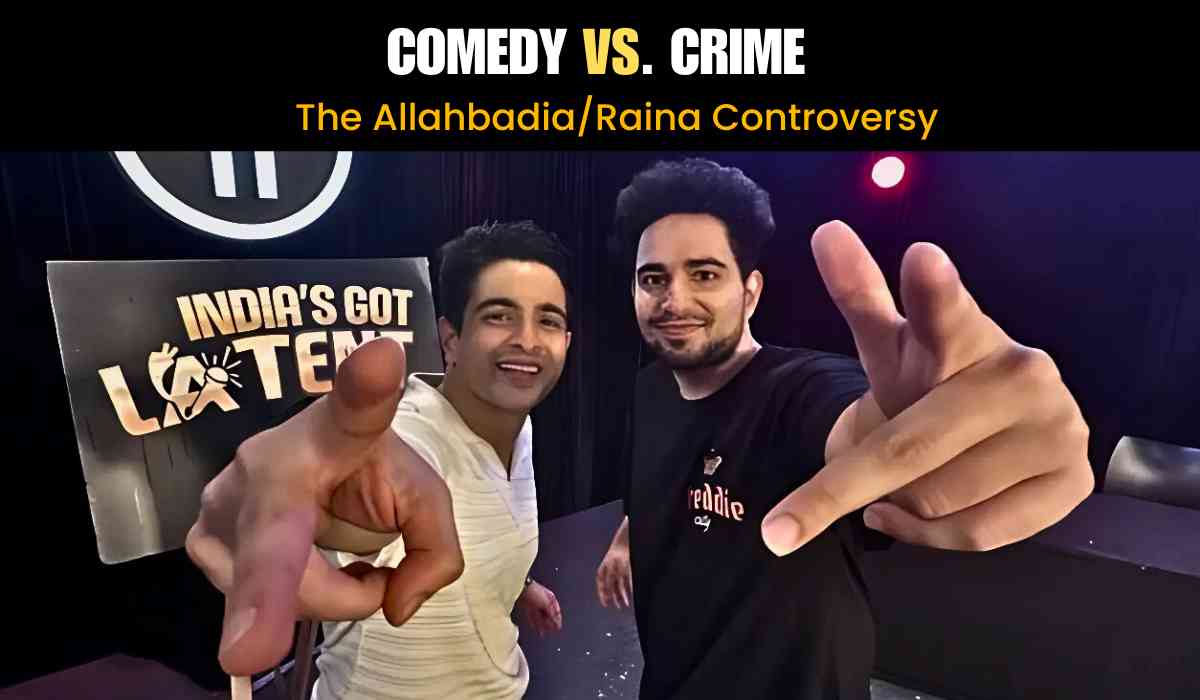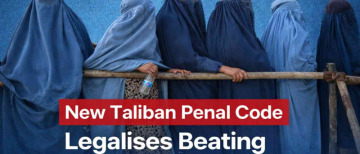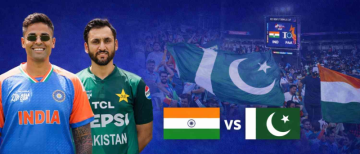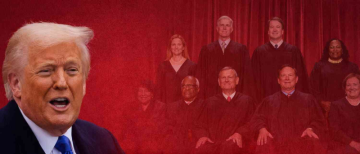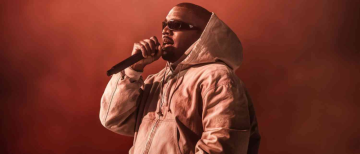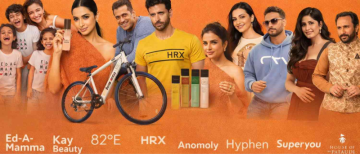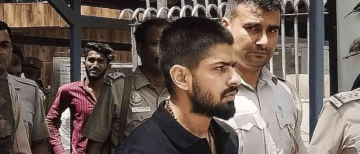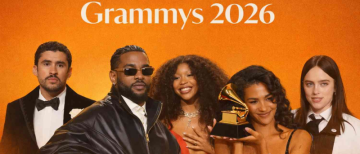The recent uproar surrounding comedians Ranveer Allahbadia and Samay Raina has sparked a heated debate about the boundaries of comedy, freedom of speech, and the priorities of our government. While the government has labeled their remarks as criminal, arguing that they violate societal norms by discussing sensitive topics like sex and family in a public forum, it is crucial to recognize that their show is fundamentally a comedy platform. This incident raises significant questions about how we perceive humor and the implications of governmental responses to such expressions.

Understanding Dark Humor
Dark humor, which often tackles taboo subjects in a light-hearted manner, is a well-known genre worldwide. Many comedians use this style to address serious issues while providing entertainment. Participants in shows like "India's Got Latent" are aware that they are engaging in comedy, and audiences understand the context. While some jokes may cross personal boundaries and can be deemed inappropriate, it is essential to differentiate between offensive humor and genuine criminal behavior. The backlash against Allahbadia and Raina seems disproportionate when compared to other forms of entertainment that often feature much more explicit content.

The Double Standards of Content
Interestingly, while comedians face severe backlash for their jokes, numerous songs and films in the Indian entertainment industry contain explicit lyrics and vulgar themes without facing similar scrutiny. Songs like
Lahanga Utha Dem Remote Sae

Sarkai Liyo Khatiya

Kaanta Laga
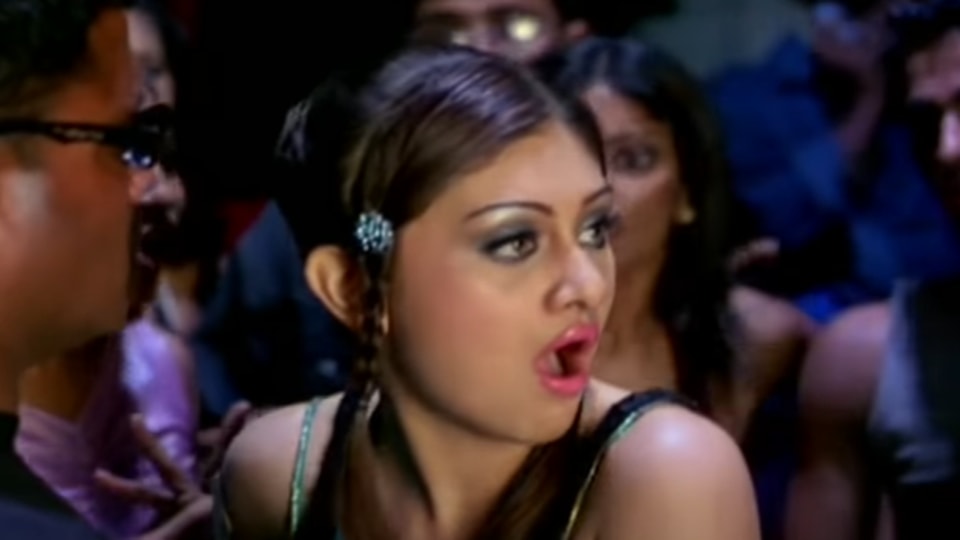
Are just a few examples that include suggestive lines yet continue to be popular.
Movies such as Grand Masti

Great Grand Masti

Also delve into risqué topics but are generally accepted as comedic entertainment. This inconsistency raises questions about why jokes made by comedians are treated with such severity compared to other forms of media.
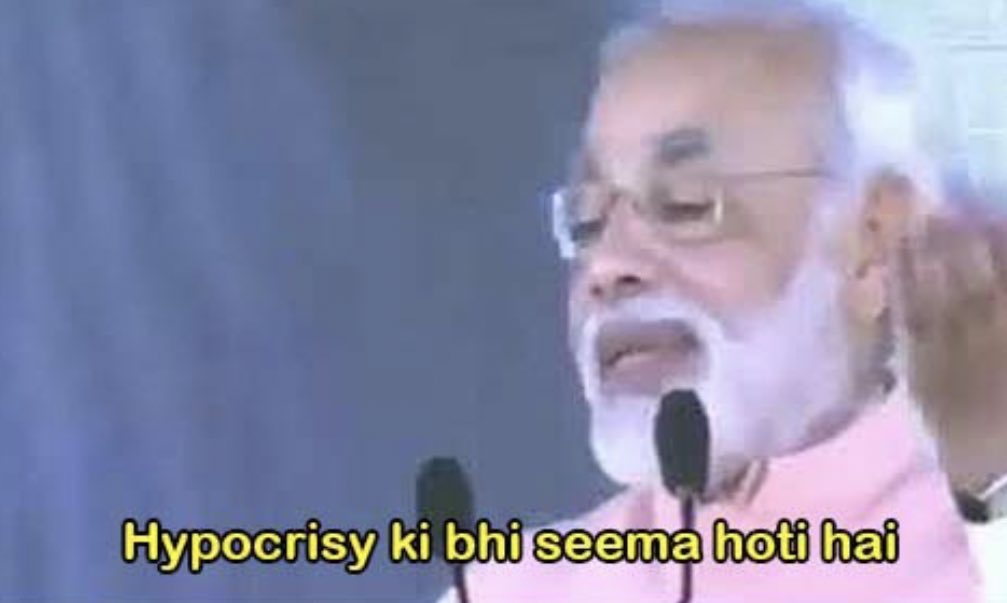
The Government's Reaction
The response from various government officials and ministers has been swift and harsh. Many have condemned the comedians for allegedly corrupting youth and tarnishing India’s image. However, this focus on comedians as societal threats distracts from pressing national issues that deserve attention. For instance, during the time of this controversy, significant events like the resignation of the Manipur Chief Minister or a tragic stampede at a Delhi railway station received little media coverage. Instead of addressing these critical issues, the government has chosen to pursue legal action against comedians, suggesting a misallocation of priorities.

A Call for Dialogue
While it is undeniable that Allahbadia's comments were inappropriate, resorting to death threats and legal action is not a fair or constructive response. Such actions only serve to stifle free expression and create an atmosphere of fear among creators. Instead of threatening individuals, society should engage in conversations about what constitutes acceptable humor and how it can evolve without causing harm.

Conclusion: The Bigger Picture
In conclusion, while Ranveer Allahbadia and Samay Raina may have crossed a line with their jokes, the government's reaction appears to be an overreach that distracts from more significant societal issues. Comedy serves as a reflection of society, allowing us to confront uncomfortable truths through humor. It is essential for us as a society to differentiate between harmful content and harmless jokes while fostering an environment where open discussions can take place without fear of retribution.
As we navigate these complexities, we must ask ourselves: Are we willing to protect freedom of expression even when it challenges our comfort? Or will we allow fear of backlash to dictate our cultural landscape? The future of comedy—and indeed our society—depends on our ability to engage thoughtfully with these questions.
With inputs from agencies
Image Source: Multiple agencies
© Copyright 2024. All Rights Reserved Powered by Vygr Media.

